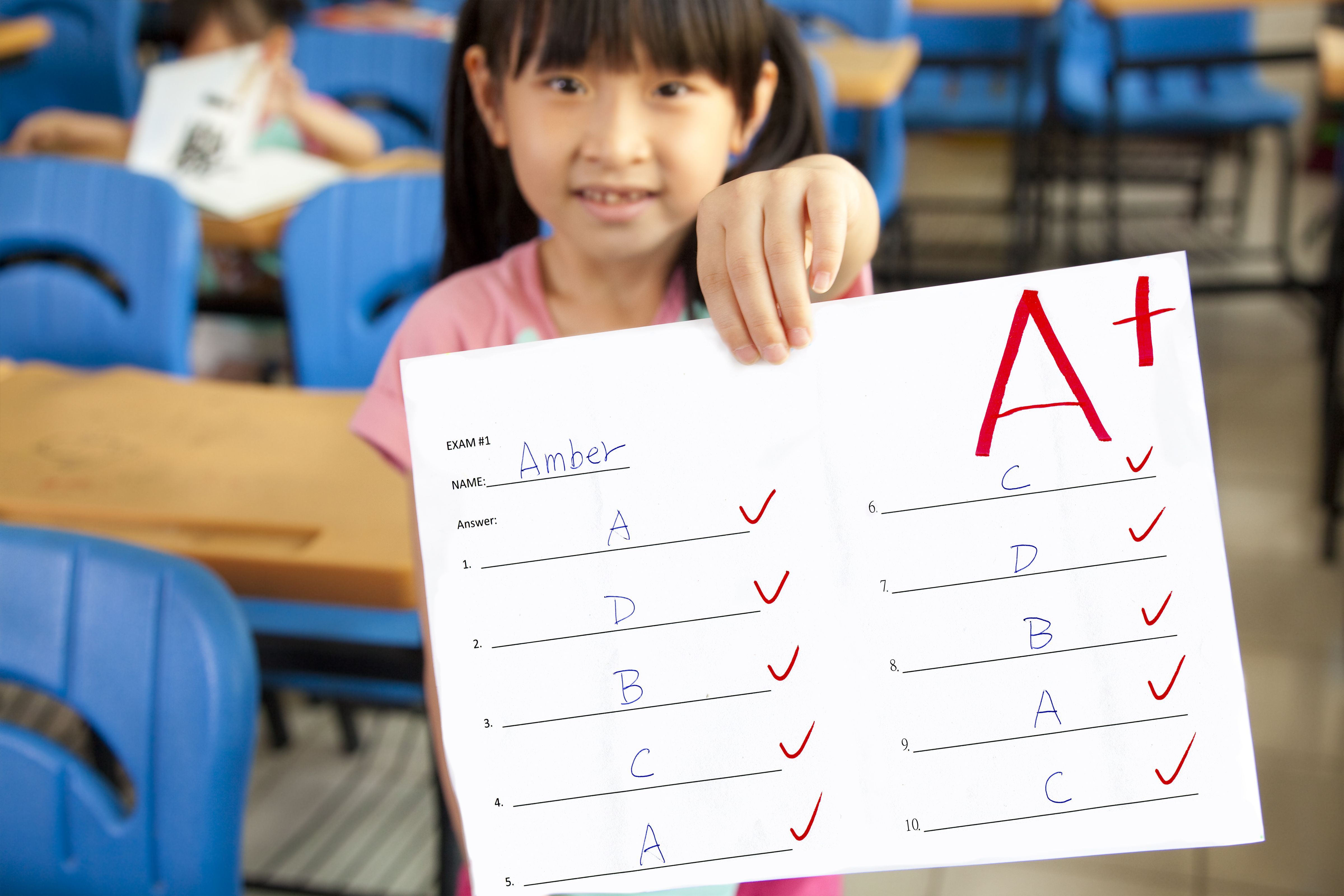Exploring the link between Kindergarten and future success
Wiki Article
Discovering the Conveniences of Kindergarten Programs: A Comprehensive Overview to Very Early Education And Learning
Preschool programs play a crucial duty in shaping a child's very early educational experience. They offer an organized environment where young students can create vital social skills, psychological durability, and cognitive abilities. These fundamental abilities are crucial as youngsters relocate into more official schooling. Recognizing exactly how these programs add to a youngster's growth exposes much concerning their long-lasting academic trajectory. What details benefits do these early experiences use, and just how do they affect a youngster's future?The Value of Social Abilities Advancement
While many facets of very early education and learning concentrate on scholastic abilities, the advancement of social skills in kindergarten programs is just as critical. Social skills include the capacity to connect successfully, team up with peers, and navigate social circumstances, every one of which are important for a youngster's general advancement. In kindergarten, youngsters discover to share, take turns, and resolve problems, cultivating a feeling of neighborhood and belonging. These experiences make it possible for young learners to develop relationships and create empathy, laying the groundwork for positive relationships in the future.Teachers play a crucial function in assisting in social ability development via structured tasks and assisted interactions. Through group jobs and playtime, youngsters exercise vital skills such as listening, bargaining, and comprehending diverse perspectives. Additionally, these interactions aid children develop self-confidence and self-esteem, vital components for their academic and personal journeys. Overall, supporting social skills in kindergarten enhances kids's experiences and prepares them for the complexities of social life past institution.

Structure Emotional Strength in Youthful Learners
Building emotional resilience in young students is fundamental to their overall wellness and success in different facets of life. Preschool programs provide an organized setting where children can discover to navigate their feelings successfully. Through directed activities and interactions, teachers assist kids determine and share their feelings, promoting a sense of self-awareness.These programs often include methods for dealing with difficulties, such as analytic activities and role-playing situations that prepare children for real-life circumstances. By urging collaboration and empathy, young learners establish solid social connections, which are vital for emotional support.
Teachers play a critical function in modeling resilience by demonstrating exactly how to take care of stress and anxiety and hardship. As children observe these behaviors, they internalize useful coping mechanisms, outfitting them to manage future emotional problems with higher ease. In general, supporting psychological resilience in early education and learning lays a strong foundation for long-lasting mental health and adaptability.
Enhancing Cognitive Capabilities Through Structured Discovering
As kids engage in organized understanding experiences within kindergarten programs, their cognitive abilities are substantially improved. These programs introduce age-appropriate activities that stimulate important reasoning and analytical skills. For circumstances, hands-on activities such as problems and foundation advertise spatial recognition and sensible thinking.Interactive narration and group discussions foster language development, expanding vocabulary and comprehension. Via structured regimens, youngsters find out to adhere to instructions, enhancing their executive working abilities, which are crucial for future academic success.
Social interactions within these programs additionally play a significant role, as children find out to collaborate and interact effectively, more improving cognitive growth.
Additionally, incorporating play-based learning allows children to explore concepts in a fun and appealing way, enhancing their understanding and retention of understanding. Generally, organized knowing in kindergarten lays a solid foundation for cognitive advancement, preparing youngsters for the obstacles of college.
Fostering a Love for Lifelong Learning

In addition, favorable interactions with peers and educators add to website link an environment where learning is considered as satisfying and fulfilling. This helpful environment helps instill intrinsic inspiration and enhances the idea that education is a continual trip instead than a location.
As kids find their strengths and passions, they are much more likely to go after understanding beyond the class, laying the structure for a long-lasting commitment to understanding. Eventually, preschool programs play an essential function fit passionate learners who accept educational opportunities throughout their lives.
Planning For Future Academic Success
While foundational abilities are important for early students, kindergarten programs additionally play an important role in preparing youngsters for future scholastic success. These programs introduce crucial concepts such as literacy and numeracy, guaranteeing that kids establish the cognitive abilities necessary for advanced knowing. By taking part in structured activities, pupils enhance vital thinking and analytic skills, laying a strong foundation for their instructional trip.Furthermore, preschool promotes social-emotional advancement, enabling kids to browse collaborative tasks and develop relationships with peers. This joint environment imparts a sense of belonging and boosts self-confidence, which is necessary for scholastic perseverance.
Additionally, direct exposure to varied discovering experiences in kindergarten cultivates versatility, gearing up kids to take on numerous topics and challenges in succeeding qualities (Kindergarten). Eventually, by offering a versatile early education and learning, kindergarten programs ensure that youngsters are not just ready for initial grade however likewise gotten ready for continued academic accomplishment throughout their educational careers
Frequently Asked Inquiries
What Age Is Ideal for Starting Kindergarten Programs?
The suitable age for beginning kindergarten programs is generally in between five and six years of ages. This age enables children to establish essential social, psychological, and cognitive skills, preparing them for future academic success and personal growth.Just how Do I Choose the Right Kindergarten Program for My Kid?
To pick the appropriate kindergarten program, one ought to think about aspects such as curriculum, instructor certifications, class dimension, place, and the school's philosophy. Observing the environment and celebration feedback from various other parents can also be advantageous.Are There Any Type Of State Requirements for Preschool Enrollment?
see it here Several states have details requirements for preschool registration, including age limitations and documents such as birth certifications or evidence of residency (Grade School). Moms and dads ought to consult their neighborhood education authority to recognize the precise standards in their locationWhat Should Moms and dads Anticipate Throughout a Regular Kindergarten Day?
Throughout a typical kindergarten day, parents can anticipate organized activities including circle time, creative play, basic scholastic lessons, snack breaks, and social communication, all designed to foster knowing and growth in a nurturing setting.Just How Can Moms And Dads Support Discovering at Home in Addition to Kindergarten?
Parents can support finding out in the house by taking part my company in regular reading, integrating academic games, establishing a regular regimen, motivating interest with inquiries, and creating a favorable, nurturing setting that promotes expedition and imagination.Preschool programs play an essential function in forming a kid's very early academic experience. Kindergarten programs supply a structured environment where kids can find out to browse their feelings efficiently. As children engage in structured understanding experiences within preschool programs, their cognitive capacities are significantly boosted. By appealing children in diverse activities-- such as storytelling, hands-on experiments, and joint projects-- kindergarten programs grow curiosity and expedition. While fundamental skills are critical for early learners, preschool programs additionally play a critical function in preparing children for future scholastic success.
Report this wiki page